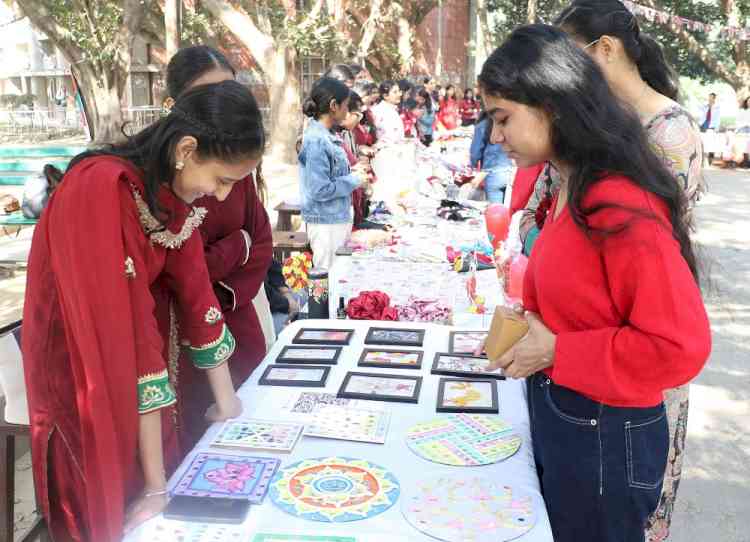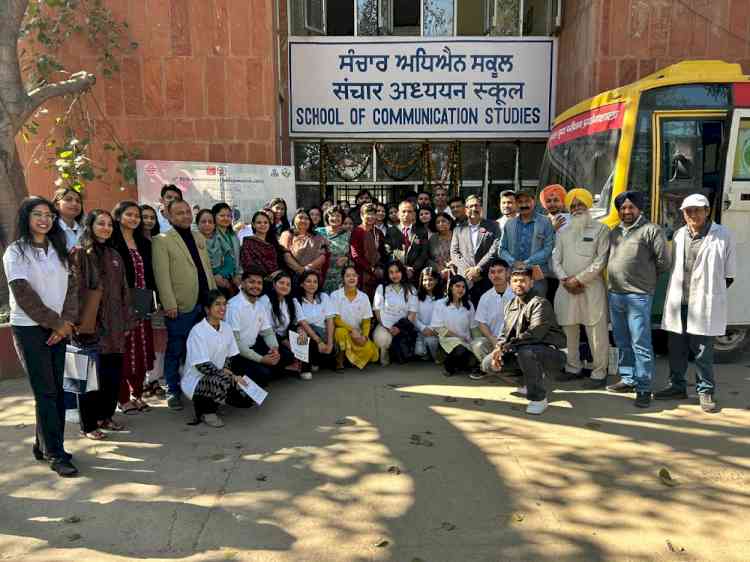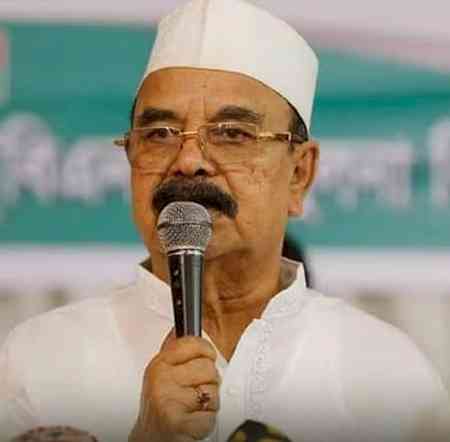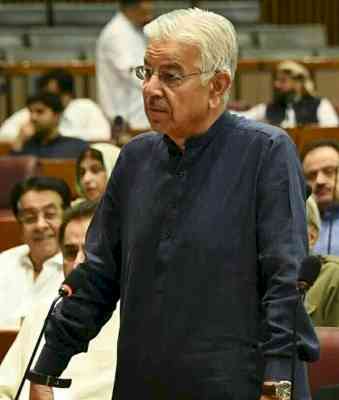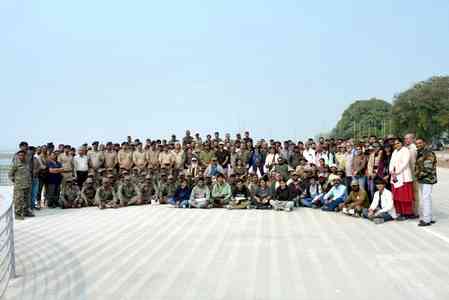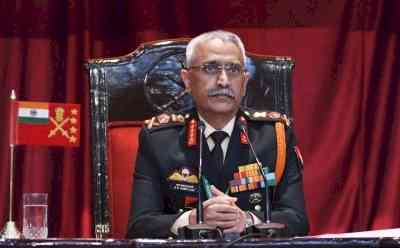Webinar organised by Centre for Stem Cell Tissue Engineering and Biomedical Excellence
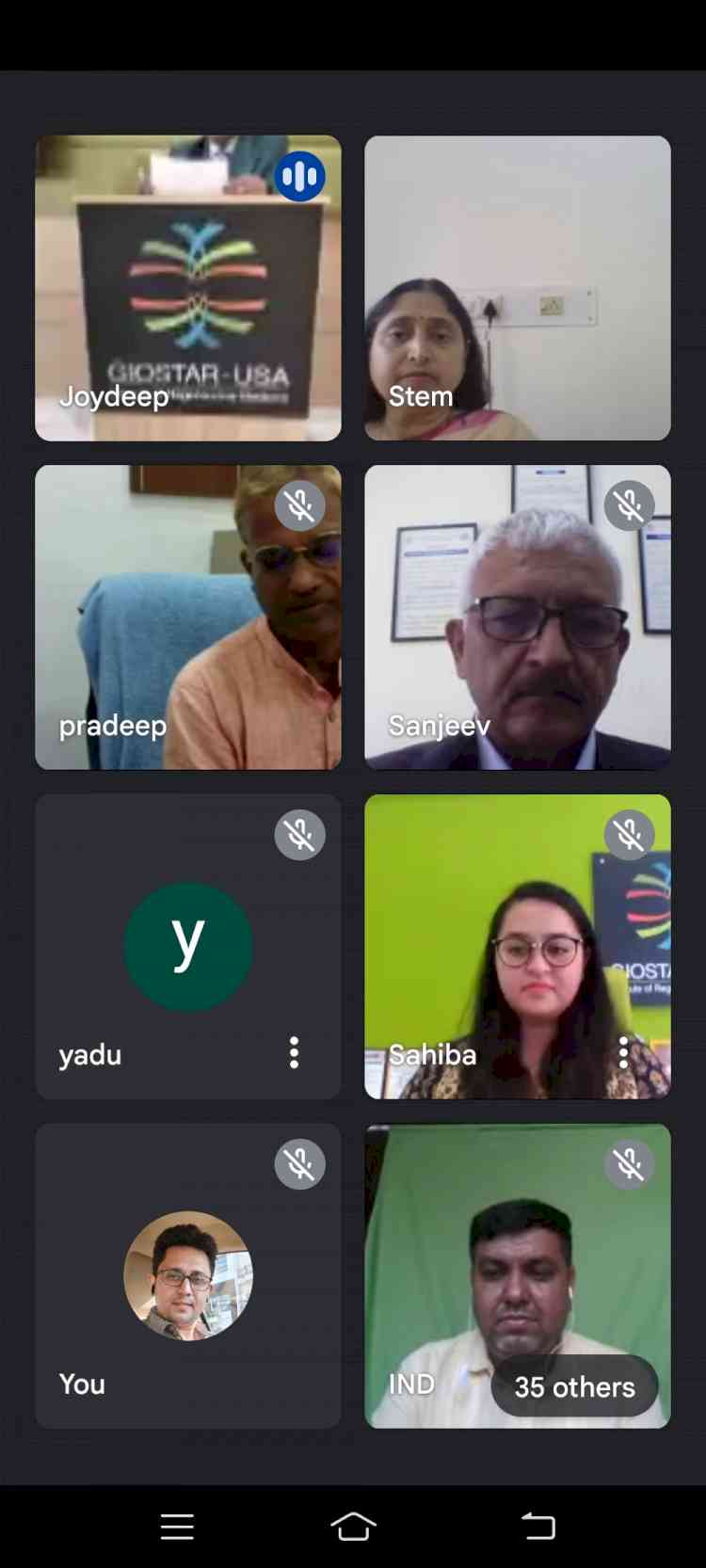
Chandigarh, March 11, 2022: Panjab University in collaboration with Global Institute of Stem Cell Therapy And Research (GIOSTAR USA) organized a special webinar on Clinical Advancement in Regenerative Medicine and the Role of Stem Cell Based therapies on visual deficits in mild traumatic brain injury.
The event was organized by the Centre for Stem Cell Tissue Engineering & Biomedical Excellence under aegis of DBT Builder Grant (Group III) to extend industry academia collaborations.Dr. Seemha Rai, Chairperson, Centre for Stem Cell Tissue Engineering and Biomedical Excellence gave the welcome address and expressed her gratitude to the speakers, distinguished guests and participants for attending the event. Prof. Sudhir Kumar, Dean Research who was the Chief Guest for the occasion gave very profound and thought provoking introductory remarks. Prof. Sanjeev Puri, Founder Coordinator Centre for Stem Cell & Tissue Engineering also marked his presence by gracing the event as a Guest of Honor and emphasized the dire need of stem cell based research to unravel the mysteries of our ancient scientific practices.
The key speakers Dr. Sahiba Singh, Assistant Director Medical Services (GIOSTAR) enlightened the participants with recent advances in Regenerative Medicine and Dr. Kumar AbhiramJha, Scientist (GIOSTAR) explained the beneficial role of stem cell based therapies in mild traumatic brain injuries. The speakers highlighted the immense potential of stem cells in treating various diseases including COVID and giving a ray of hope to numerous patients suffering from terminal ailments. Dr. Veena Puri, Associate Professor, Centre for Systems Biology & Bioinformatic sproposed vote of thanks to the speakers for an elaborative and informative session and igniting young minds to pursue research in this exciting field and to all the Distinguished Guests and participants for joining in large numbers as the webinar was well attended by the Faculty Members, research scholars and students of the departments.



 cityairnews
cityairnews 
